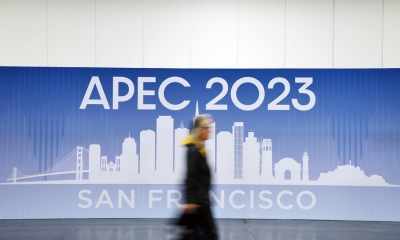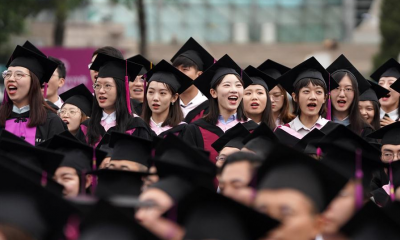Afghanistan: Dangers and Opportunities at a Crucial Juncture
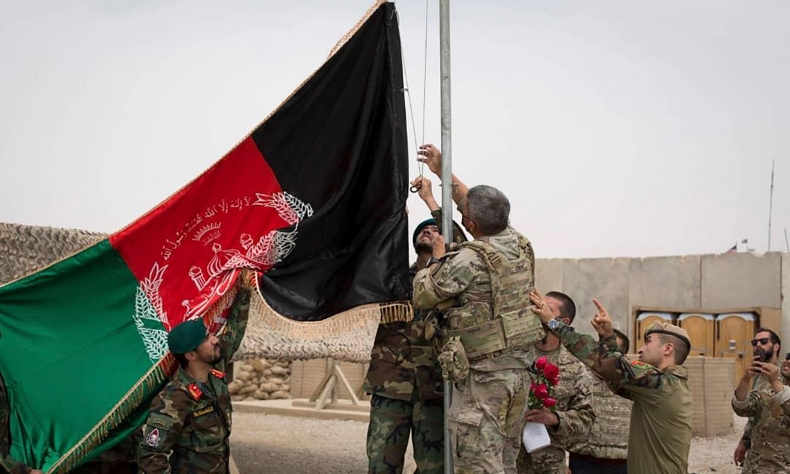
While this is a time of crisis, China and its partners under the BRI umbrella, may now have the opportunity to create a shared future for mankind in the region and beyond.
Last Thursday President Joe Biden announced that America’s war-turned-misadventure in Afghanistan would end several weeks earlier than the previously announced twentieth anniversary of the September 11 attacks in New York and Washington. He most likely did so to avoid disgrace and embarrassment, because the United States and allies-supported government is fast succumbing to the Taliban and by 9/11 might be fighting them in the heart of the national capital, Kabul. America’s departure, however, provides both new dangers and opportunities for China and neighboring countries to pick up the pieces and help this long-suffering nation.
Afghanistan, traditionally a collection of feuding fiefdoms run by regional warlords, has richly deserved its apt moniker as the “graveyard of empires’. For 80 years at the height of its global power, the British Empire, in what is now known as “The Great Game” attempting to keep Imperial Russia away from its Indian colony, occupied Afghanistan but suffered many defeats and tens of thousands of deaths in three wars. They ultimately granted Afghanistan independence and withdrew in 1919.
The Soviet Union attempted to take control of the troubled country in 1979, and while initially successful, was ultimately defeated a decade later by the Islamic fundamentalist Taliban. They were ironically backed by none other than the US.
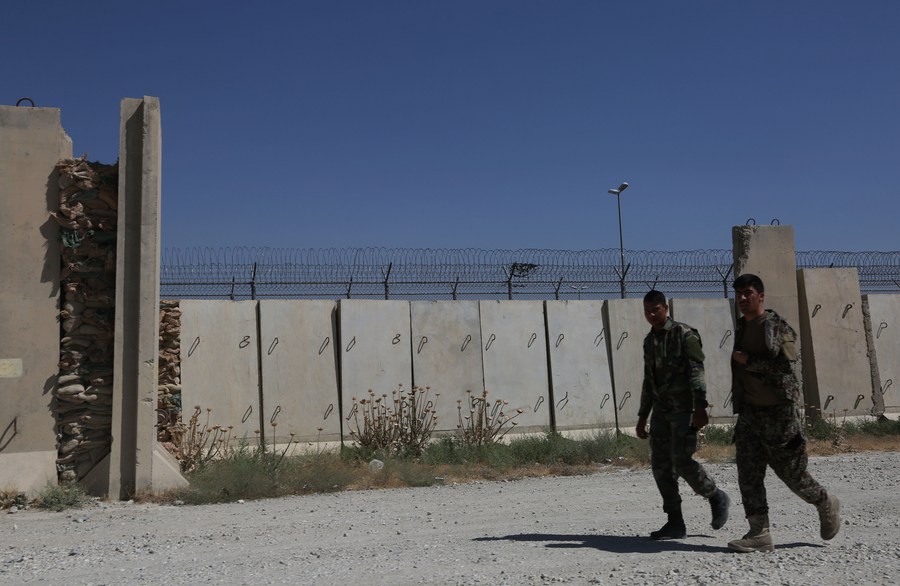
After September 11, 2001, the US launched war in Afghanistan, attacked Taliban and their ally, Al-Qaida, led by Osama bin Laden, who were responsible for 9/11, and forced them to flee into the countryside and beyond. They were replaced by a US-backed central government, led by the warlord Hamid Karzai, but due to corruption and tribal rivalries, even than more than two trillion dollars and 2,000 American lives lost were unable to prop up a rotten regime.
There was hope post-9/11 that this government would establish peace, prosperity and stability. I vividly remember going to meet President Karzai at the Council on Foreign Relations in New York, days after one of the unsuccessful assassination attempts on him. He received a prolonged standing ovation but was never able to deliver peace and stability against a resurgent Taliban. Vice president-elect Joe Biden met Karzai for dinner in Kabul in January, 2009 and famously, after lecturing him about how the corruption there was undermining the US war efforts, threw down his napkin, and angrily left the dinner early. After assuming the position as Barak Obama’s number two, Biden tried in vain to get the US to pull out of what he saw as both a political and military disaster.
The US will maintain a token force of about 100 military to guard the US Embassy and international airport in Kabul and claims it will continue to fight over the horizon from Central Asia by drone and by manned aircraft. It’s likely this will prove to be merely an ineffective, temporary face-saving fig leaf.
Many foreigners know that in Chinese the term “crisis” is comprised of two characters “危” meaning “danger” and “机” signifying “a crucial point, when something begins to change.” This is exactly where Biden’s hasty retreat has put China and the region.
China always favors order over chaos and would have preferred a slower more methodical and orderly withdrawal, rather than what’s essentially a hypersonic abandonment because this situation creates an unstable vacuum in this volatile region. US abandonment is a mixed blessing for China.
On the one hand, for two decades now, the US has fought terrorism in the region, which has also benefitted China. With its departure, however, even with the Taliban pledging to resist terrorism, Biden has opened Pandora’s box because of the very real danger that terrorists will be empowered. Many in the West unfairly criticize China for its aggressive anti-terrorist actions in restive Xinjiang but I’ve been there and know firsthand that the potential for terrorism was real and will be an even greater threat because it empowers groups like the hardline terrorist organization East Turkestan Islamic Movement or ETIM to commit cross-border violent acts in Xinjiang and elsewhere in China. The UN has classified ETIM as a “terror organization” since 2002.
On the other hand, Biden’s abandonment marks a singular crucial change point since China is uniquely positioned geopolitically and economically to guide and cooperate with its neighbors to succeed in securing peace, prosperity and stability in this long-suffering land in which other powerful actors have failed miserably.
China is a country that never interferes with the internal affairs of other nations.
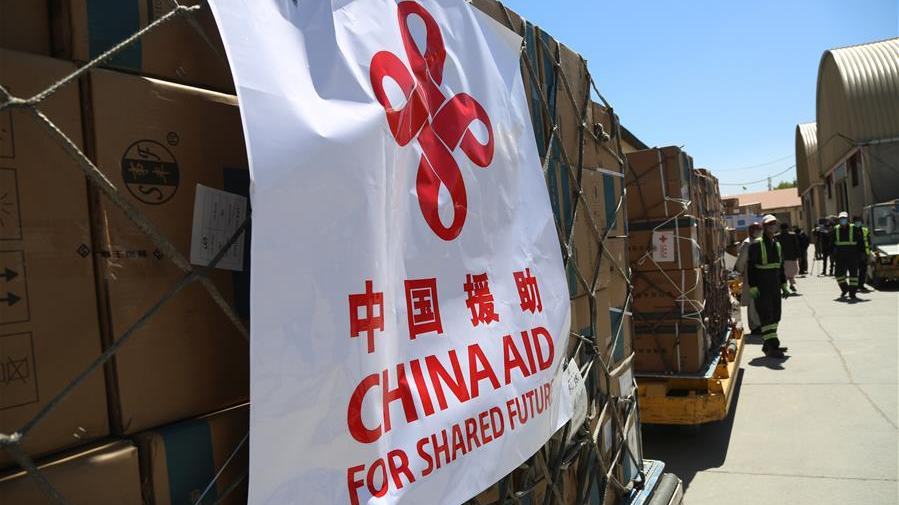
With the Taliban in control and promising to be a more responsible state actor than it was in the 90s, China is perfectly situated to join with them together in a win-win partnership in President Xi Jinping’s landmark Belt and Road Initiative (BRI) with China, Iran, Pakistan, Russia and other Central Asian partners via the China-Pakistan Economic Corridor.
After centuries of turmoil, a peaceful Afghan nation could finally start to prosper, including monetizing its estimated one trillion dollars in untapped natural resources. As an added benefit, these cooperating state actors can not only defeat the scourge of terrorism but also fight and defeat illegal drug trafficking there that helps finance nefarious activities that destabilizes nation-states in the region and globally.
So, while this is a time of crisis, China and its partners under the BRI umbrella, may now have the opportunity to create a shared future for mankind in the region and beyond.
The article reflects the author’s opinions, and not necessarily the views of China Focus.
 Facebook
Facebook
 Twitter
Twitter
 Linkedin
Linkedin
 Google +
Google +




